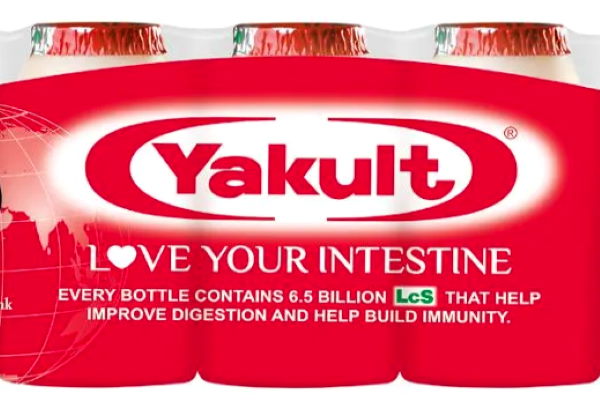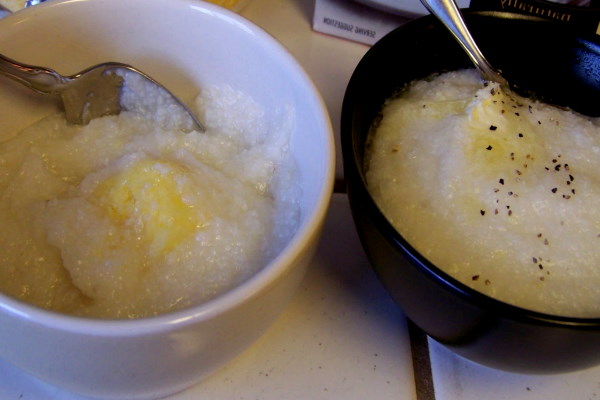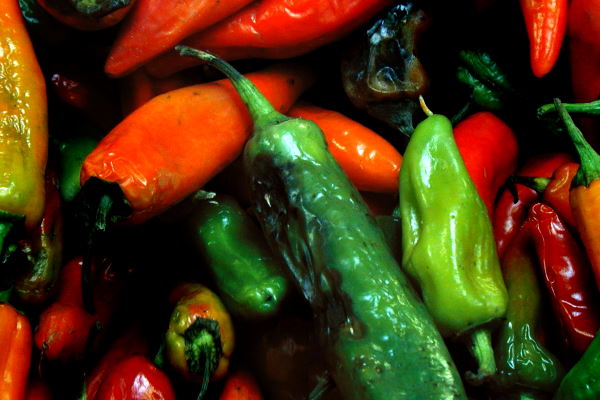
Can Babies Eat Peanuts?
Peanut, also called groundnut goober or monkey nut is a legume crop grown in the subtropics and tropics especially for its edible seeds. Peanuts are classified in two categories: grain legumes and oil crops, because of their high oil content. Peanuts are similar not only in taste, but also in their nutritional data to tree nuts like walnuts and almonds.
Whole peanuts are usually dry-roasted in their shell, but they are a popular snack in China, India, in West Africa and in the southern areas of the USA in their boiled form. Peanut oil in its various forms is usually used in cooking, due to its mild flavor. The most usual types of peanut oil are: refined peanut oil, roasted peanut oil, extra virgin peanut oil and simply the peanut extract. Peanut flour is a good alternative used in cooking for gluten intolerant people.
Peanut Butter for Babies
Peanut butter is a spread obtained from ground dry roasted peanuts. There are usually some ingredients like salt, sweeteners or also emulsifiers added to the spread, to make it taste different or to have a special texture, so that it can be spread easier on bread.
Peanuts are rich in fats, protein, carbs and dietary fibers. They are an excellent source of vitamins B3, B9, B1, B5, B2, B6 and vitamin E. They also contain high levels of manganese, magnesium, phosphorus, zinc and iron, and some quantities of potassium and calcium.
Peanuts can cause allergic reactions in some people. The symptoms vary from watery eyes to severe anaphylactic shocks, which can be fatal, if they are not treated. Refined peanut oil does not cause allergic reactions, unlike unrefined peanut oil. Even if somebody has peanut allergy, refined peanut oil will not have the same effect.
When Is It Safe To Give Peanuts And Peanut Butter To Your Baby?
Peanuts represent a choking hazard, so it is recommended to avoid giving whole peanuts to babies younger than 3 years old. Peanut butter can be introduced earlier, at the age of 6 months old, but being thick and also sticky, it is better to add hot water, formula or breast milk to it, to transform it into a warm puree and in order to dissolve the butter. Peanut butter can be added to cereals or yogurt too. Babies, who eat peanut butter at an early age, have a slighter chance to develop allergy to peanuts. However, allergic symptoms take only a few minutes to show, so it is recommended to pay attention to your babies, when offering them peanut butter or peanuts.
Homemade Peanut Butter
Ingredients: 2 cups of dry roasted peanuts, 2 tbsp honey or sugar, salt according to taste.
Put the peanuts into a food processor, and blend for 5 minutes. Stir in the honey or sugar and salt. Store the butter in the fridge.
FAQ
What are peanuts?
Peanut, also called groundnut goober or monkey nut is a legume crop grown in the subtropics and tropics especially for its edible seeds.
How healthy are peanuts?
Peanuts are rich in fats, protein, carbs and dietary fibers. They are an excellent source of vitamins B3, B9, B1, B5, B2, B6 and vitamin E. They also contain high levels of manganese, magnesium, phosphorus, zinc and iron, and some quantities of potassium and calcium.
When can you start giving peanut to your baby?
Peanuts can be given to children older than 3 years old. Peanut butter can be offered to babies starting at the age of 6 months old.
The risks of giving peanut to your baby?
Peanuts can cause allergic reactions in some people. The symptoms vary from watery eyes to severe anaphylactic shocks, which can be fatal, if they are not treated. Peanuts and peanut butter represent a choking hazard.



